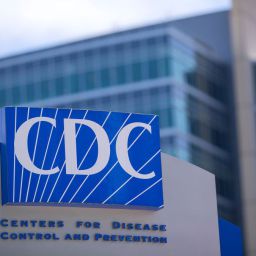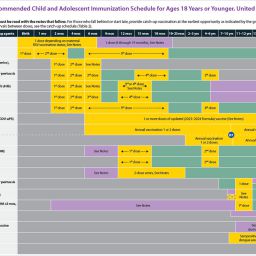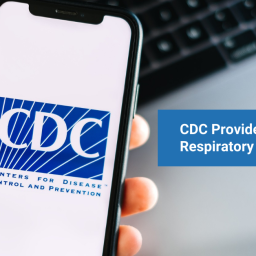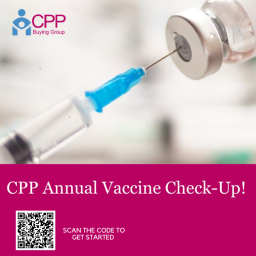Vaccines are a cornerstone of public health, requiring proper storage and handling. In emergencies whether due to natural disasters, power outages, or equipment failures vaccines are particularly vulnerable. A robust emergency preparedness plan is essential to protect your vaccine supply and ensure continued immunization services for your patients.
Here are key tips to prepare your practice for vaccine emergencies:
- Evaluate Your Vaccine Storage System
-
- Ensure refrigerators and freezers meet CDC guidelines for vaccine storage.
- Regularly monitor temperature logs and calibrate equipment to avoid unnoticed temperature excursions.
- Invest in digital data loggers with alarms to alert staff of temperature deviations.
- Plan for Power Outages
-
- Equip your practice with a reliable backup generator to maintain cold storage.
- Develop a protocol to transfer vaccines to an alternative storage facility if necessary.
- Use insulated coolers and temperature-stabilizing packs for safe transport.
- Conduct Regular Staff Training
-
- Train staff on vaccine handling, emergency storage protocols, and documentation requirements.
- Conduct regular drills to ensure your team is prepared to act quickly in an emergency.
- Have protocols for assessing and documenting vaccine viability after an emergency.
- Establish Communication Plans
-
- Notify staff, patients, and local health authorities immediately if a vaccine supply is compromised.
- Keep a list of vaccine suppliers and their emergency contact numbers for urgent resupply needs.
- Notify patients if rescheduling or revaccination is necessary.
- Maintain Adequate Supplies and Documentation
-
- Stock extra storage materials, like temperature-stable packaging and power banks for monitoring devices.
- Ensure vaccine inventory records are up to date and accessible, both in-office and remotely.
Contact CPP
Have any questions about vaccine storage or expanding your current vaccine offerings? Please reach out to CPP and we’d be happy to help.














